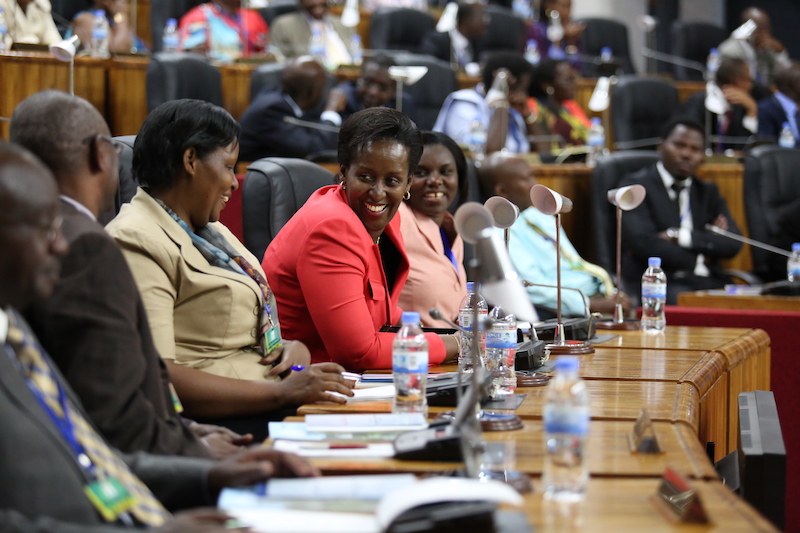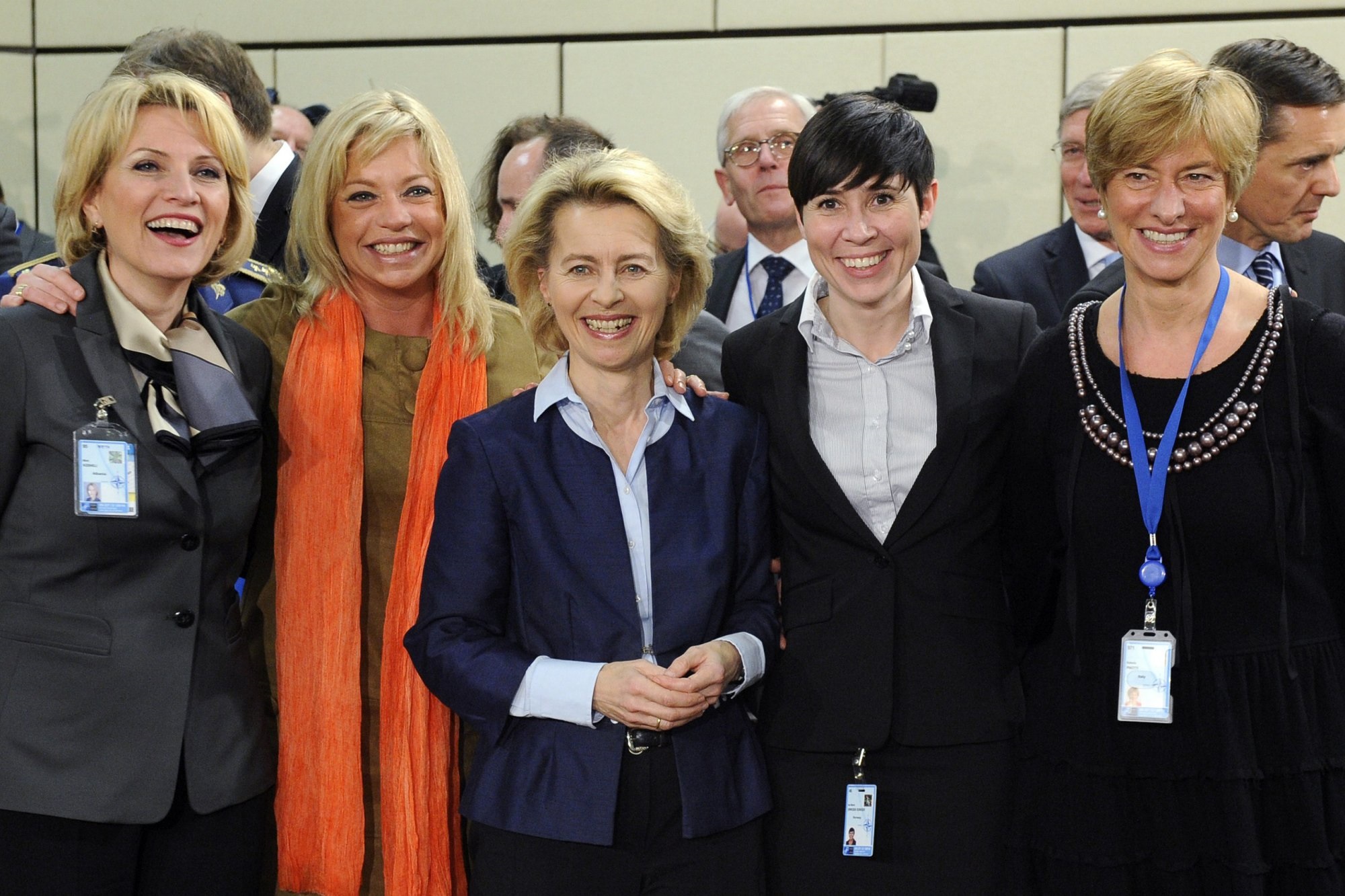Read part 1 here
Sexual assault is a horrifying physical security violation. However, when a woman is sexually assaulted and perceived as “shamed,” the security concerns go far beyond the assault itself. For many women and their families, sexual assault victims are seen as tarnished. Following their assault, they face social exclusion, structural barriers, and human security concerns.
In 2013, a Moroccan teen committed suicide after being forced to marry the man who raped her. The year before, another rape victim of 16 drank rat poison after being forced to marry her assailant. According to Article 475 in Moroccan law, rapists could avoid a prison sentence if they marry their victims. The article was repealed in 2014 amid some controversy, as for many, this article was seen as protecting women. The president of the Moroccan Association of Human Rights explains that in Moroccan society, “a woman who loses her virginity – even by rape – is considered unmarriageable.” For poor families that need their daughter to marry, and for the women themselves, marrying the assailant is often seen as preferable to living unmarried and shunned from society.
Although alarming, this practice is in no way isolated to Morocco or North Africa. In Turkey, a NATO member country, up to 3,000 rapists and sexual assault offenders have married victims in order to avoid prosecution. In Malaysia, where the punishment for rape includes whipping and up to thirty years in prison, the legal loophole for marrying the victim creates a consequence-free platform for sexual assault. After marrying and avoiding the legal repercussions, the rapists can subsequently divorce their victims. In 2013, a girl as young as 12 years old was married to her rapist. A 2015 CNN profile of women marrying their rapists in Afghanistan described a young woman who decided to marry her attacker despite offers of help from international organizations and support agencies. Her attorney explained that the victim was repeatedly told that she and her daughter would not be protected by the community if she refused the offer of marriage. For many, marrying the attacker seems less frightening than social ostracism. These ideas are deeply rooted.
If women decide against or are unable to marry their assailant, they face a different set of hurdles. The practice of “covering the honour” of rape victims can save them from substantial societal barriers. A young Indian woman who was drugged, raped while unconscious, videotaped and blackmailed was recently ordered to undergo mediation with the assailant in hopes of reaching a “happy conclusion”. The victim reported being shunned by her community and unable to find employment after she became pregnant, despite the fact it was the result of a sexual assault. In Somalia, both victims and journalists trying to report rapes can be charged with defamation, and victims themselves are often held in custody where there have been reports of repeated further rapes by prison guards.
Recovering from a sexual assault is an extremely upsetting experience, and can result in serious psychological trauma. This spring, a Stanford University student made an incredibly moving statement regarding the impact the assault has had on her life. For many, the challenges moving forward from a sexual assault include extensive security concerns. Much of this is rooted in the notion that women should be shamed or devalued after they have experienced sexual assault.
Eliminating the practice of victims marrying their rapists will not fix this problem. The problem is a perception of women that ties their value to their sexuality. When women are degraded after sexual assault, they face long lasting structural security concerns. We need to protect women not only from assault itself, but the subsequent societal assaults that shame them and deprive them of control and opportunity.
Photo: Unnamed (2016), by Cristian Newman via StockSnap.io. Licensed under CC0 1.0.
Disclaimer: Any views or opinions expressed in articles are solely those of the authors and do not necessarily represent the views of the NATO Association of Canada.




